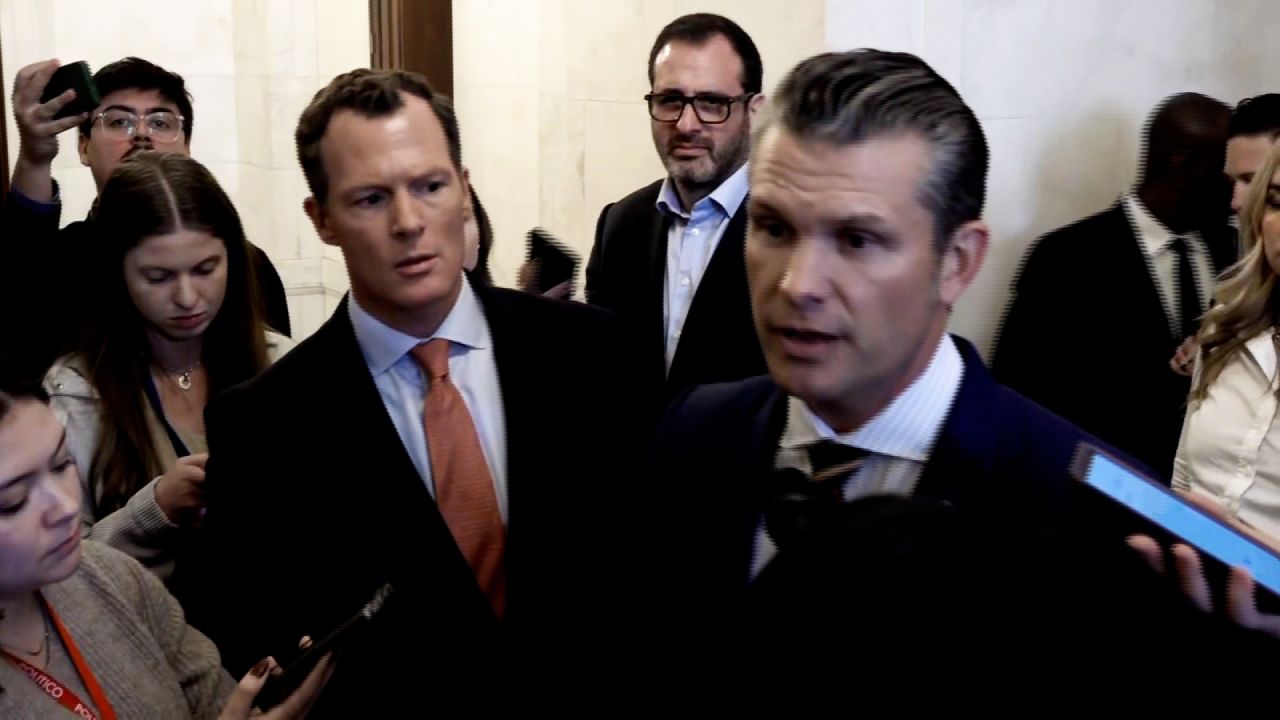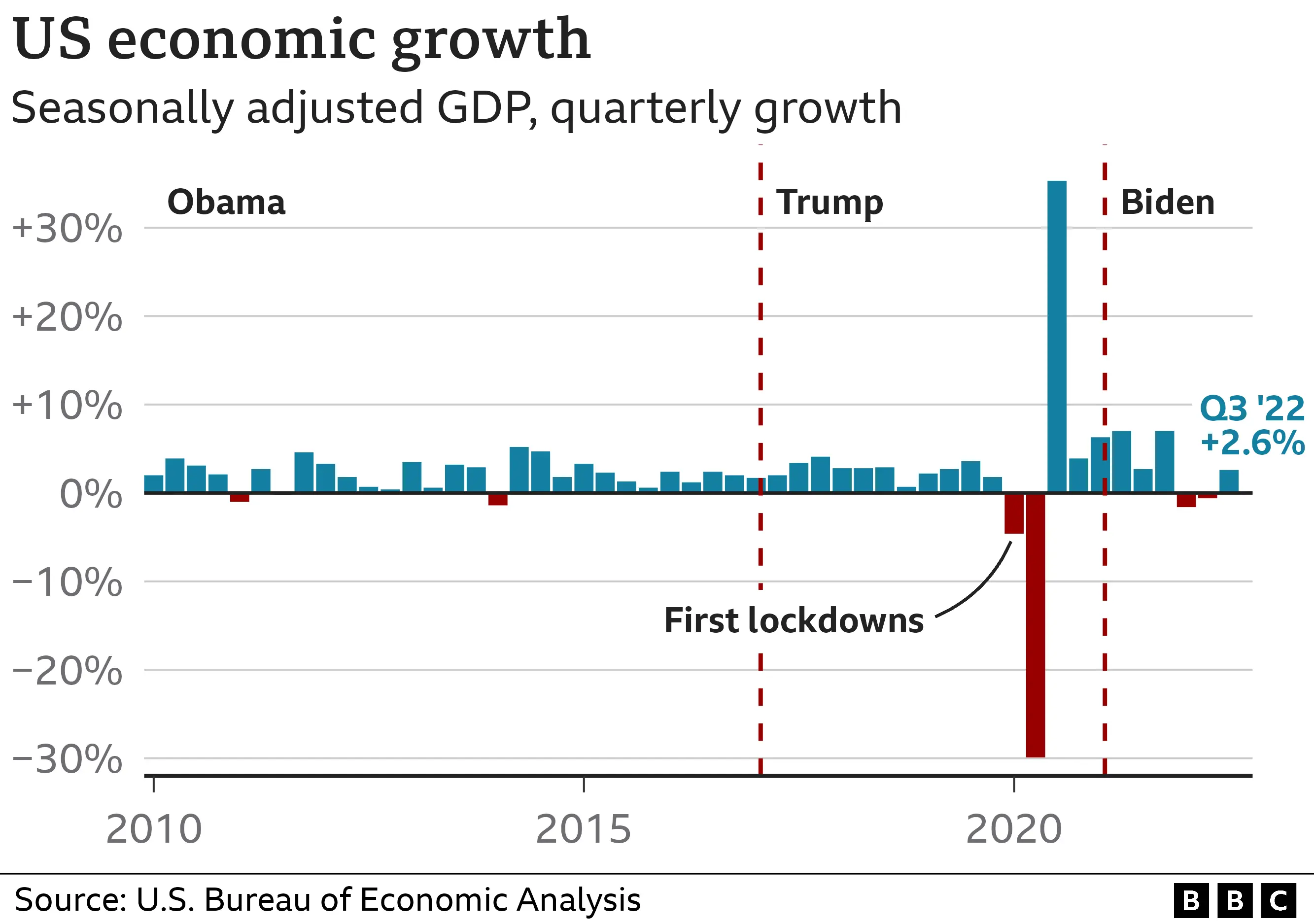FTC Investigates OpenAI's ChatGPT: What It Means For AI

Table of Contents
The FTC's Concerns Regarding ChatGPT
The FTC's investigation into ChatGPT centers on several key concerns related to consumer protection and unfair trade practices. The investigation isn't simply about ChatGPT itself, but also serves as a test case for how the FTC will regulate the broader AI industry.
-
Potential Violations of Consumer Protection Laws: The FTC is examining whether ChatGPT's outputs mislead consumers, potentially violating consumer protection laws. This includes concerns about the accuracy and reliability of information generated by the AI. False or misleading information generated by ChatGPT could have serious consequences across various domains, from financial decisions to medical advice.
-
Accuracy and Bias in ChatGPT's Outputs: A major concern is the inherent bias present in ChatGPT's responses. The model is trained on vast datasets that reflect existing societal biases, potentially leading to unfair or discriminatory outputs. The FTC is likely scrutinizing the methodologies used to mitigate bias and assess their effectiveness. The investigation could pressure OpenAI and other developers to enhance fairness and transparency in AI algorithms.
-
Data Privacy Violations: The training of ChatGPT involves processing massive amounts of data, raising concerns about potential violations of user privacy. The FTC is investigating whether OpenAI obtained and used user data in compliance with relevant laws and regulations, including GDPR and CCPA. This scrutinizes OpenAI's data handling practices, user consent procedures, and the security measures implemented to protect sensitive information.
-
Unfair or Deceptive Trade Practices: The FTC's investigation also examines whether OpenAI's marketing and representations of ChatGPT's capabilities are accurate and truthful. Exaggerated claims about the AI's abilities could constitute unfair or deceptive trade practices. This aspect of the investigation highlights the increasing importance of transparency and responsible marketing in the AI industry.
Potential Implications for AI Development
The FTC's investigation into ChatGPT will undoubtedly have far-reaching implications for the future of AI development. This pivotal investigation could serve as a catalyst for substantial changes across the entire AI development landscape.
-
Stricter Regulations: The investigation might lead to the introduction of stricter regulations governing the development and deployment of AI systems, particularly generative AI models. This could involve mandatory impact assessments, pre-market approvals, or other regulatory hurdles.
-
Increased Scrutiny of Training Data: The investigation is likely to increase scrutiny of the data used to train AI models. This includes ensuring that training data is representative, unbiased, and doesn't perpetuate harmful stereotypes or discriminatory practices.
-
Transparency Requirements: We can anticipate increased pressure for greater transparency regarding how AI models function and make decisions. This could involve requirements for explainable AI (XAI) techniques that allow users to understand the reasoning behind an AI's outputs.
-
Ethical Guidelines: The FTC's actions could push for a renewed focus on developing and implementing robust ethical guidelines for AI developers. These guidelines could address issues such as bias, fairness, accountability, and transparency.
-
Slowdown in Development: While unlikely to cause a complete halt, the investigation could potentially slow down the rapid pace of AI development and deployment as companies grapple with new regulatory requirements and ethical considerations.
The Broader Impact on the AI Industry
The FTC's investigation into OpenAI's ChatGPT extends far beyond the immediate impact on OpenAI itself, setting a crucial precedent for the entire AI industry globally.
-
Global Precedent: The outcome of this investigation will likely influence the development of AI regulations globally, setting a precedent for other regulatory bodies worldwide. International cooperation will be crucial to harmonize AI regulations and prevent a fragmented regulatory landscape.
-
Investor Confidence: The investigation could impact investor confidence in AI companies, particularly those developing similar large language models. Increased regulatory uncertainty might lead to decreased investment in high-risk AI ventures.
-
Pressure on Other Developers: The investigation puts pressure on other AI developers to proactively adopt responsible AI practices, prioritizing ethical considerations and complying with data privacy regulations. This encourages a more responsible approach to AI development across the board.
-
AI Liability and Accountability: The investigation forces a crucial discussion about AI liability and accountability. Determining who is responsible for the harmful outputs of AI systems is a complex legal and ethical challenge that demands urgent attention.
-
AI Governance Frameworks: This investigation underscores the critical need for robust AI governance frameworks that balance innovation with safety, fairness, and accountability. International cooperation will be essential to create effective and globally consistent guidelines.
The Role of Data Privacy in the Investigation
Data privacy is a central theme in the FTC's investigation of OpenAI's ChatGPT. The vast amount of data used to train the model raises significant concerns regarding compliance with existing data privacy regulations.
-
GDPR and CCPA Compliance: The investigation will likely assess OpenAI's compliance with the General Data Protection Regulation (GDPR) in Europe and the California Consumer Privacy Act (CCPA) in the United States, among other relevant laws.
-
Balancing AI Development and Data Protection: A key challenge is balancing the need for substantial datasets to train advanced AI models with the protection of user privacy rights. This requires innovative approaches to data anonymization and responsible data handling.
-
Transparent Consent Mechanisms: The investigation will examine whether OpenAI obtained meaningful and informed consent from users regarding the use of their data in training ChatGPT. Transparent and user-friendly consent mechanisms are essential.
-
Data Anonymization and Security: Robust data anonymization and security measures are crucial to mitigate privacy risks associated with the use of personal data in AI development. The FTC will likely assess the effectiveness of OpenAI's data protection measures.
Conclusion
The FTC's investigation into OpenAI's ChatGPT is a pivotal moment, highlighting the urgent need for responsible AI development and robust regulatory frameworks. The investigation's outcome will significantly influence the future of AI, potentially shaping the way AI models are developed, deployed, and governed. The focus on data privacy, AI safety, and ethical considerations underscores the growing importance of balancing innovation with accountability.
Call to Action: Stay informed about the ongoing FTC investigation and the evolving landscape of AI regulation. Understanding the implications of the FTC's actions regarding OpenAI’s ChatGPT is crucial for anyone involved in the AI industry, from developers and investors to users and policymakers. Engage in responsible discussions about AI ethics and advocate for a future where AI development prioritizes both innovation and responsible use of ChatGPT and other AI technologies.

Featured Posts
-
 Us Immigration A Canadian Perspective On The Trump Years Impact
Apr 23, 2025
Us Immigration A Canadian Perspective On The Trump Years Impact
Apr 23, 2025 -
 Hegseth Claims Leaks Aim To Undermine Trumps Plans
Apr 23, 2025
Hegseth Claims Leaks Aim To Undermine Trumps Plans
Apr 23, 2025 -
 The Trump Presidency And Economic Performance A Data Driven Analysis
Apr 23, 2025
The Trump Presidency And Economic Performance A Data Driven Analysis
Apr 23, 2025 -
 Todays Stock Market Dow Futures Gold Prices And Key Economic Indicators
Apr 23, 2025
Todays Stock Market Dow Futures Gold Prices And Key Economic Indicators
Apr 23, 2025 -
 Us Tariffs Weigh On Copper Tongling Issues Warning
Apr 23, 2025
Us Tariffs Weigh On Copper Tongling Issues Warning
Apr 23, 2025
